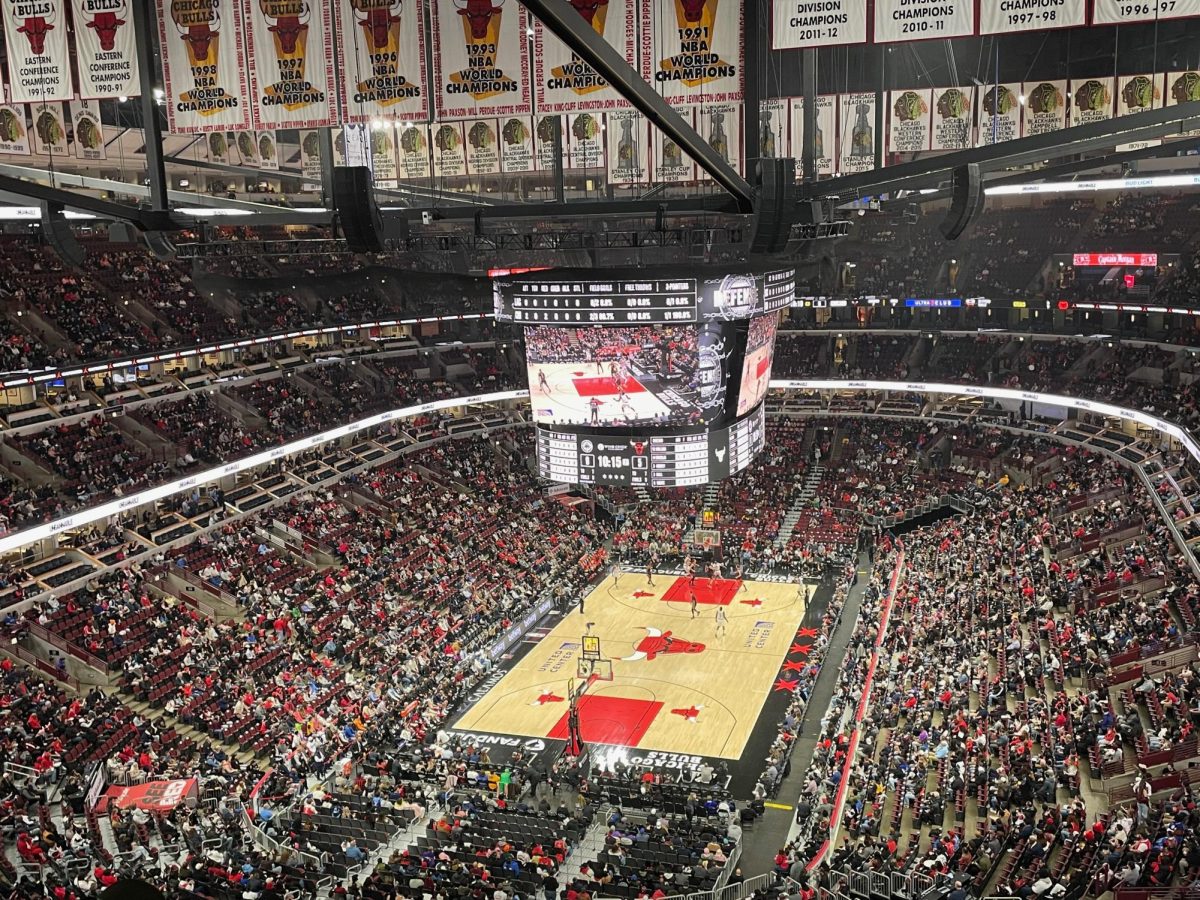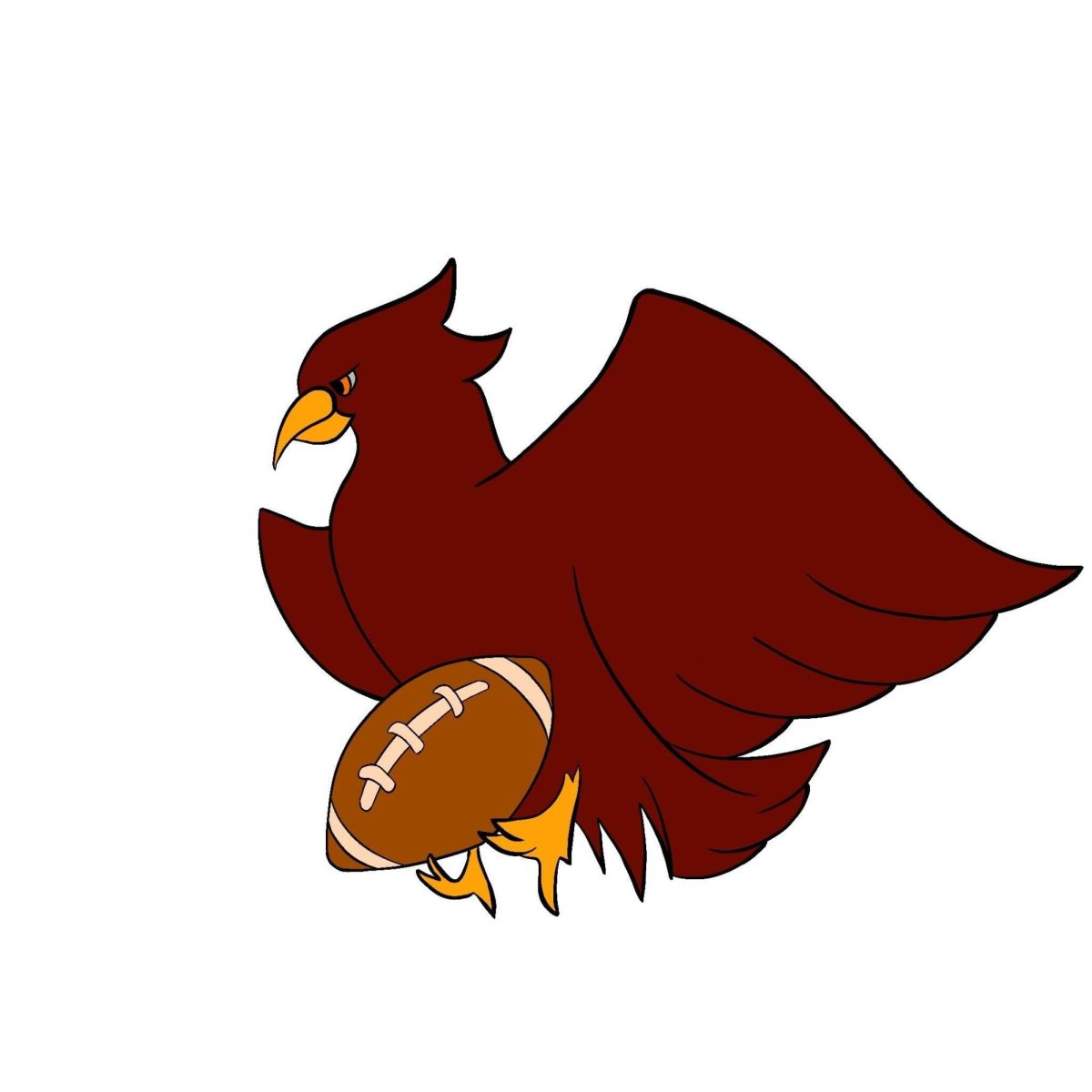This spring, 58 college and high school basketball players decided to forgo their college eligibility to join the NBA. For basketball, this is a record number, but in baseball, young athletes face this decision much more often.
In the Major League Baseball draft next month, hundreds of players will leave college early or skip college all together to start their professional baseball career. The top players in the collegiate and high school level have to decide if they are going to join the professional ranks. This decision could be looming for Chicago’s own second-year catcher J.P. Bauman. College players are eligible to be drafted after their junior and senior seasons. Very few players drafted by professional baseball teams actually make it all the way to the big leagues. That leaves many young men without a college degree, forced to start the rest of their lives with a limited education.
In order to find out more about the role of education in professional baseball, the Maroon caught up with White Sox executive assistant to the general manager Roland Hemond. Hemond started his front office career with the Boston Braves in 1952 and then moved to the California Angels in 1960 as their farm director. In 1970 the White Sox hired Hemond to be their director of player personnel and then promoted him to general manager in 1973. In 1972 and 1983 Hemond won the United Press International executive of the year award and proved to be the savior of the franchise. When he left the Sox in 1985 and again in 1987, he was hired to be the general manager of the Baltimore Orioles. He again won the executive of the year award in 1989 for turning the Orioles around. Hemond came back to the Sox this last winter after a stint with the Arizona Diamondbacks.
With many years of experience, Hemond understands the game as well as anybody in the industry. He explained his stance on education and players: “I have encouraged players to finish off or start their education. When negotiating a contract the teams will include scholarships in the contract. The players can take advantage of this in some off-seasons and when they finish their careers, but they must start to use their scholarships within two years of their retirement.”
“Some use distance learning where they complete courses and studies from further away. I try hard to let players know the information needed to pursue an education. The scholarships are not used as much you’d like, but with a goal and a good work ethic it can be done.”
Hemond has stressed to players the importance of pursuing a degree: “After finishing their playing careers, a lot of the guys look to get into coaching and their coaching opportunities will be limited without a college degree. At the same time the education makes them better men and better coaches.”
Hemond said that he points to St. Louis Cardinals’ manager Tony LaRussa. LaRussa went to college and law school for 12 off seasons. Late in his playing career, LaRussa asked Hemond to trade him to minor league teams in Denver or New Orleans because he had internships with law offices available there. Hemond was able to make the trade and after the season, LaRussa told Hemond that he would like to try managing and see if he could be successful before becoming a lawyer. Then Sox owner Bill Veeck hired LaRussa to manage in the minors. A couple of years later, LaRussa was hired to finish out the 1979 season as Sox manager. All the while, LaRussa was studying for the Florida bar exam around managing games of professional baseball. LaRussa scouted the World Series with Hemond in October, had his first child born that fall, and then passed the Florida bar exam in November. Through this experience and his education, Hemond said LaRussa became well disciplined and organized. This in turn translated to success as a manager.
Hemond commended other coaches who pursued academics to help their coaching. Specifically, he referred to Augie Schmidt, a former major leaguer and current Division III college baseball coach. Schmidt had his career cut short, but went back to school to get his bachelors and masters degrees.
Hemond said, “Players need to be prepared in case their careers end prematurely. The education makes them well prepared to coach.”
Hemond said coaches like Schmidt and Chicago’s Brian Baldea are part what makes college baseball useful in preparing players for the minor leagues, and these college players can be rushed to the professionals faster because they are better, older, and more mature. This will be important in teams making their decisions about Bauman. The sooner they think he would be ready to play in the big leagues the sooner they would take him in the draft.
Hemond said, “College baseball has really helped player development and it has been great to see the growth of the game at all levels. I want to express my gratefulness to the coaches from little league to high school to college. And also all the parents that have taken time to help their kids in playing this game.”
Overall it is apparent that an education is becoming increasingly important in professional baseball. Learning from Hemond and his years of experience, players can help their chances of going into coaching and the front office of professional teams by staying in school. If today’s players listen to Hemond and his advice on pursing an education, then the game of baseball will continue to improve from top to bottom. The Maroon would like to thank Mr. Hemond for granting us an interview.








